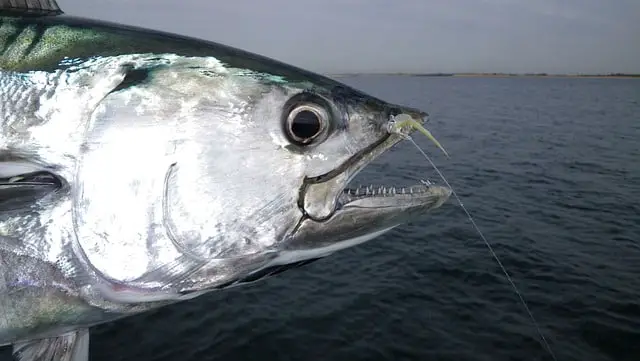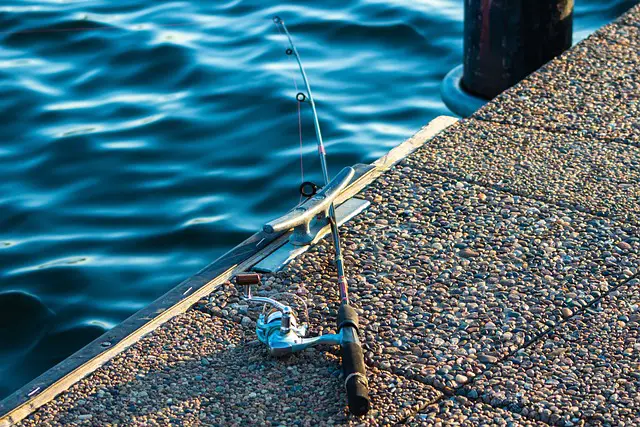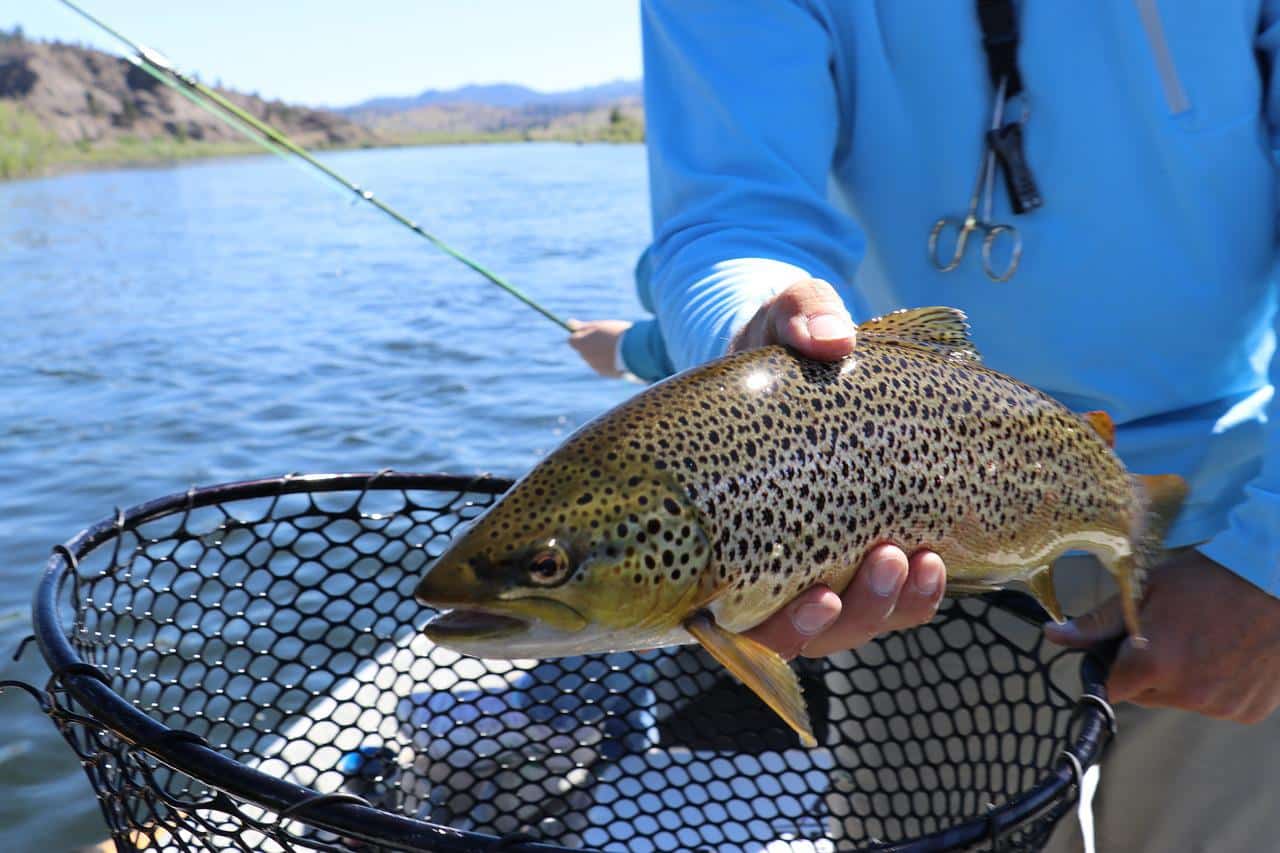The thrill of catching a large fish on a fly rod is a feeling that anglers live for and nothing can quite compare to the challenge and reward of saltwater fly fishing.
What is Saltwater Fly Fishing?
Saltwater fly fishing is a method of angling that involves catching fish in the ocean using artificial flies as bait. While it shares some similarities with freshwater fly fishing, saltwater fishing requires a different set of skills and knowledge due to the unique conditions presented by the marine environment.
Basics of Saltwater Fly Fishing
Equipment and Gear
The first step in successful saltwater fly fishing is selecting the right equipment. Unlike freshwater fishing, the size of the fish and the harsh marine conditions dictate the need for heavier, more durable gear. Thus, a heavy-duty fly rod, a large arbor reel for faster line retrieval, and a strong fishing line are essential.
Bait Selection
In saltwater fly fishing, artificial flies are used to mimic the fish’s natural prey. This requires a vast understanding of the feeding habits of the target species. Crabs, shrimp, and small fish are the most common choices for saltwater flies.
Techniques
Saltwater fly fishing techniques can be broadly categorized into casting and retrieving. Casting involves getting the fly to the desired location, which can be a challenge considering the wind and waves. Retrieving, on the other hand, requires making the fly act like a real prey, enticing the fish to strike.
Finding The Perfect Spot
One of the biggest challenges in saltwater fly fishing is finding the right location. Unlike fishing in rivers or lakes, the open ocean doesn’t always provide clear signs of fish presence. Studying the local marine life, knowing the tides, and understanding the behavior of the target species can all help fishermen find the best spots.
Potential Pitfalls and How to Avoid Them
Saltwater fly fishing can be a rewarding experience, but it also comes with its own set of challenges. High winds can make casting difficult, while large waves can be dangerous.
Weather
Keeping an eye on the weather before heading out is crucial. Wind speeds and directions significantly affect casting abilities and wave conditions. The best times to go saltwater fly fishing are during calmer weather conditions.
Line Management
Managing your fishing line is another common challenge in saltwater fly fishing. To avoid line tangles or missed strikes, it’s advisable to keep your line straight and controlled.
Conservation and Ethics in Saltwater Fly Fishing
Given the fragile state of many marine ecosystems, it’s vital for saltwater fly fishermen to practice sustainable fishing methods. This includes following catch and release practices, respecting local fishing regulations, and minimizing the impact on the environment.
Conclusion
Saltwater fly fishing is not for the faint-hearted; it’s a game of patience, skill, and knowledge of the marine world. However, the challenge it poses is exactly what makes it an appealing sport for many. With the right gear, proper techniques, and a respect for nature, anyone can unlock the joys and rewards of this thrilling pastime.




